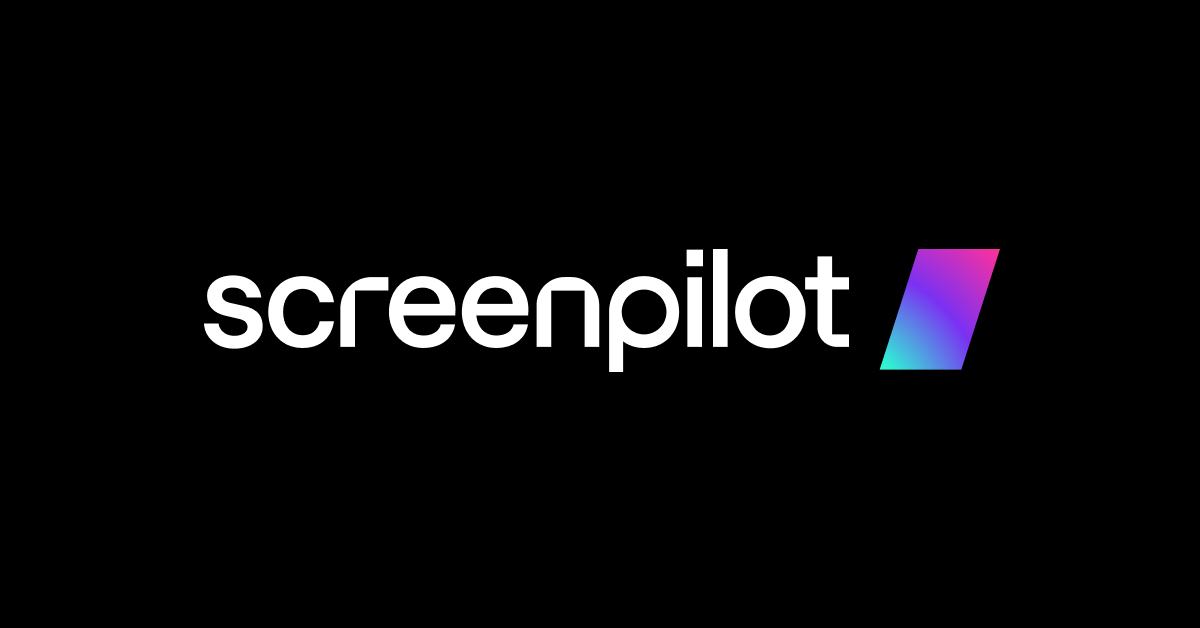
If you’re wondering whether your Facebook ads are reaching the right audience, the social media giant is making efforts to help you find out. Facebook recently rolled out a new tool for its advertisers to measure the effectiveness of their advertising campaigns. The new measurement is called "relevance score" and is measured on a 1 to 10 scale based on how relevant Facebook expects the ad to be given the audience it is targeted to.Facebook's newly introduced relevance score determines the "relevance" of an ad using a number of factors, but according to Facebook's blog post on the introduction of the measurement, the score is primarily calculated by anticipating the positive and negative feedback that will be received by the target audience of the ad. Positive or negative feedback in response to an ad can be defined in various ways but ultimately depends on the goal of any given campaign, and can include things like video views, conversions, likes, etc.
What Advertisers Should Know About Relevance Score
With the introduction of relevance score, there are a number of things advertisers should remember when integrating the measurement into their campaign reporting. We’ve assembled a list of a few key takeaways to keep in mind for your Facebook advertising efforts as they evolve with the debut of relevance score:
1. Relevance Score Is Not King
Like many metrics, relevance score cannot and should not be the only measurement by which you evaluate the performance of your ad. As with any advertising campaign, you should consider all appropriate metrics to measure success, not just one. Consider evaluating your campaign based on its relevance score along with other metrics like click-through rate or goal completion measurements such as likes, views or website clicks.
2. Use Relevance Score in Your Testing Efforts
Take advantage of this new measurement as a tool to help you test your ads. You should always make frequent creative changes to your ads in order to keep them fresh to your consumer. So, with the introduction of this new tool, try using the relevance score as a benchmark when testing the effectiveness of different creative changes and how they perform with your audience.
3. Cost Is Key
You can decrease the cost of delivery of your ads by improving their relevance score. The more relevant your ad is to your consumers, the lower the price you will pay for it to be shown to them. Tweak different aspects of your ad not only to make it relevant to your audience, but to get better engagement for a lower cost.You can access relevance score using any of Facebook’s reporting tools. Read the official Facebook announcement here.
If you’re wondering whether your Facebook ads are reaching the right audience, the social media giant is making efforts to help you find out. Facebook recently rolled out a new tool for its advertisers to measure the effectiveness of their advertising campaigns. The new measurement is called "relevance score" and is measured on a 1 to 10 scale based on how relevant Facebook expects the ad to be given the audience it is targeted to.Facebook's newly introduced relevance score determines the "relevance" of an ad using a number of factors, but according to Facebook's blog post on the introduction of the measurement, the score is primarily calculated by anticipating the positive and negative feedback that will be received by the target audience of the ad. Positive or negative feedback in response to an ad can be defined in various ways but ultimately depends on the goal of any given campaign, and can include things like video views, conversions, likes, etc.
What Advertisers Should Know About Relevance Score
With the introduction of relevance score, there are a number of things advertisers should remember when integrating the measurement into their campaign reporting. We’ve assembled a list of a few key takeaways to keep in mind for your Facebook advertising efforts as they evolve with the debut of relevance score:
1. Relevance Score Is Not King
Like many metrics, relevance score cannot and should not be the only measurement by which you evaluate the performance of your ad. As with any advertising campaign, you should consider all appropriate metrics to measure success, not just one. Consider evaluating your campaign based on its relevance score along with other metrics like click-through rate or goal completion measurements such as likes, views or website clicks.
2. Use Relevance Score in Your Testing Efforts
Take advantage of this new measurement as a tool to help you test your ads. You should always make frequent creative changes to your ads in order to keep them fresh to your consumer. So, with the introduction of this new tool, try using the relevance score as a benchmark when testing the effectiveness of different creative changes and how they perform with your audience.
3. Cost Is Key
You can decrease the cost of delivery of your ads by improving their relevance score. The more relevant your ad is to your consumers, the lower the price you will pay for it to be shown to them. Tweak different aspects of your ad not only to make it relevant to your audience, but to get better engagement for a lower cost.You can access relevance score using any of Facebook’s reporting tools. Read the official Facebook announcement here.






















